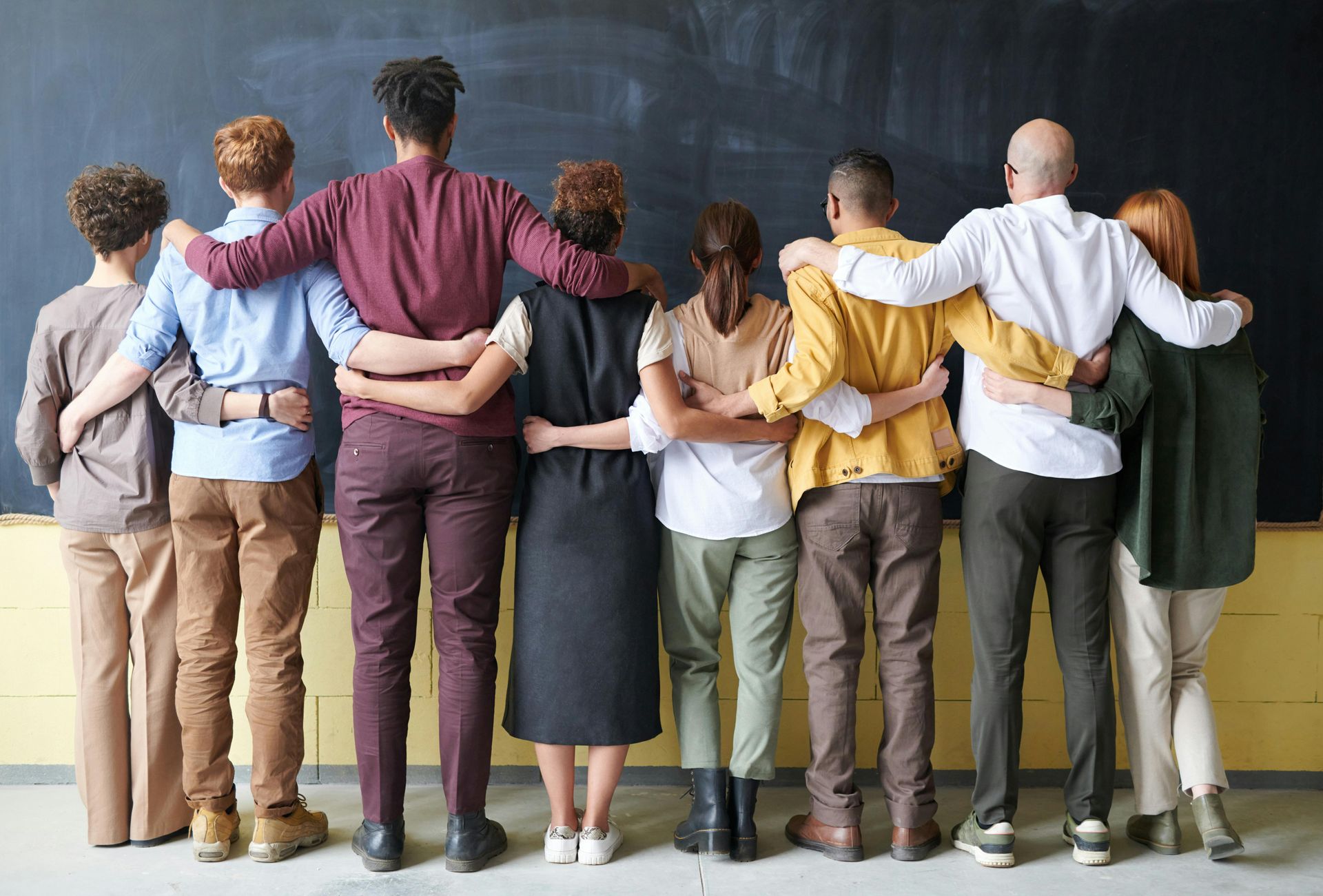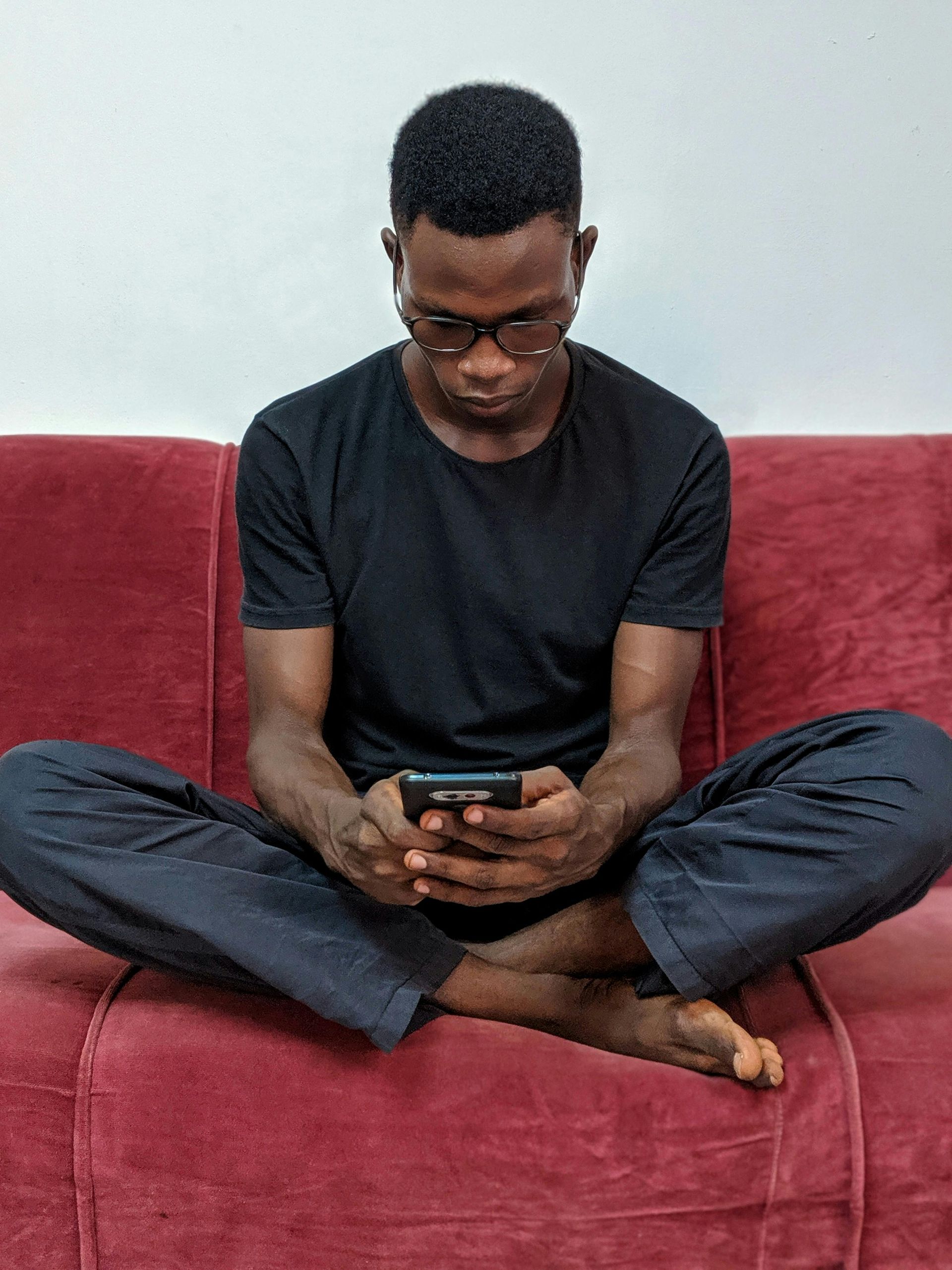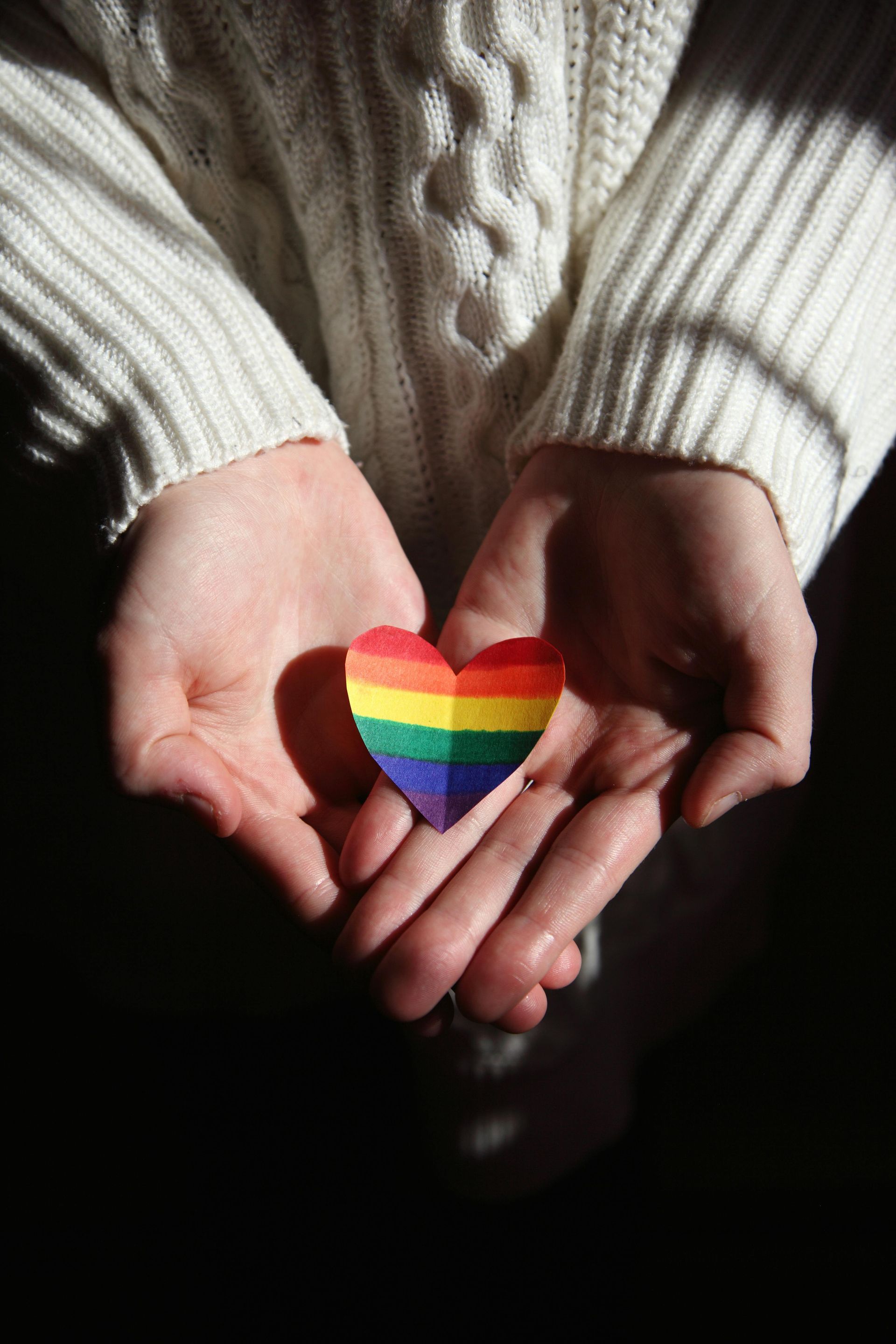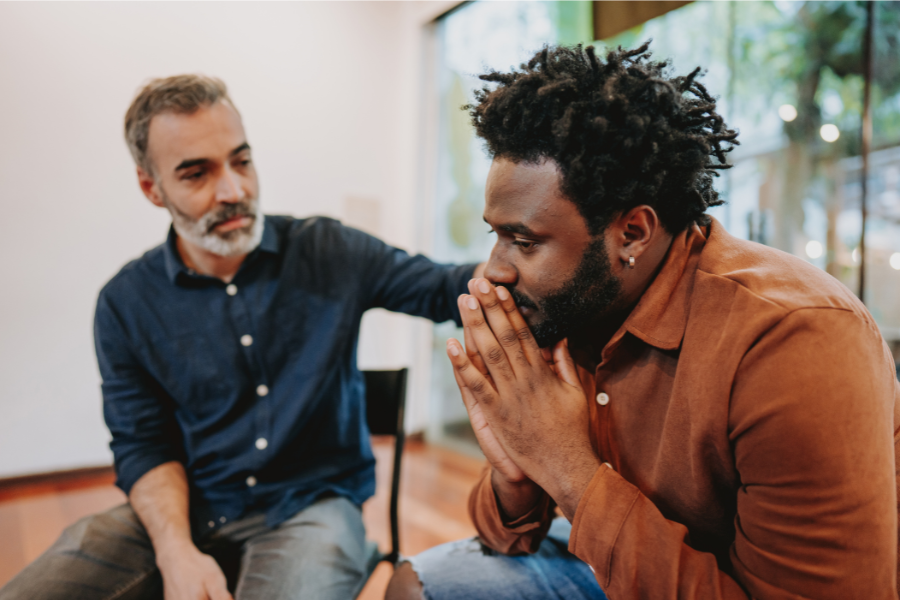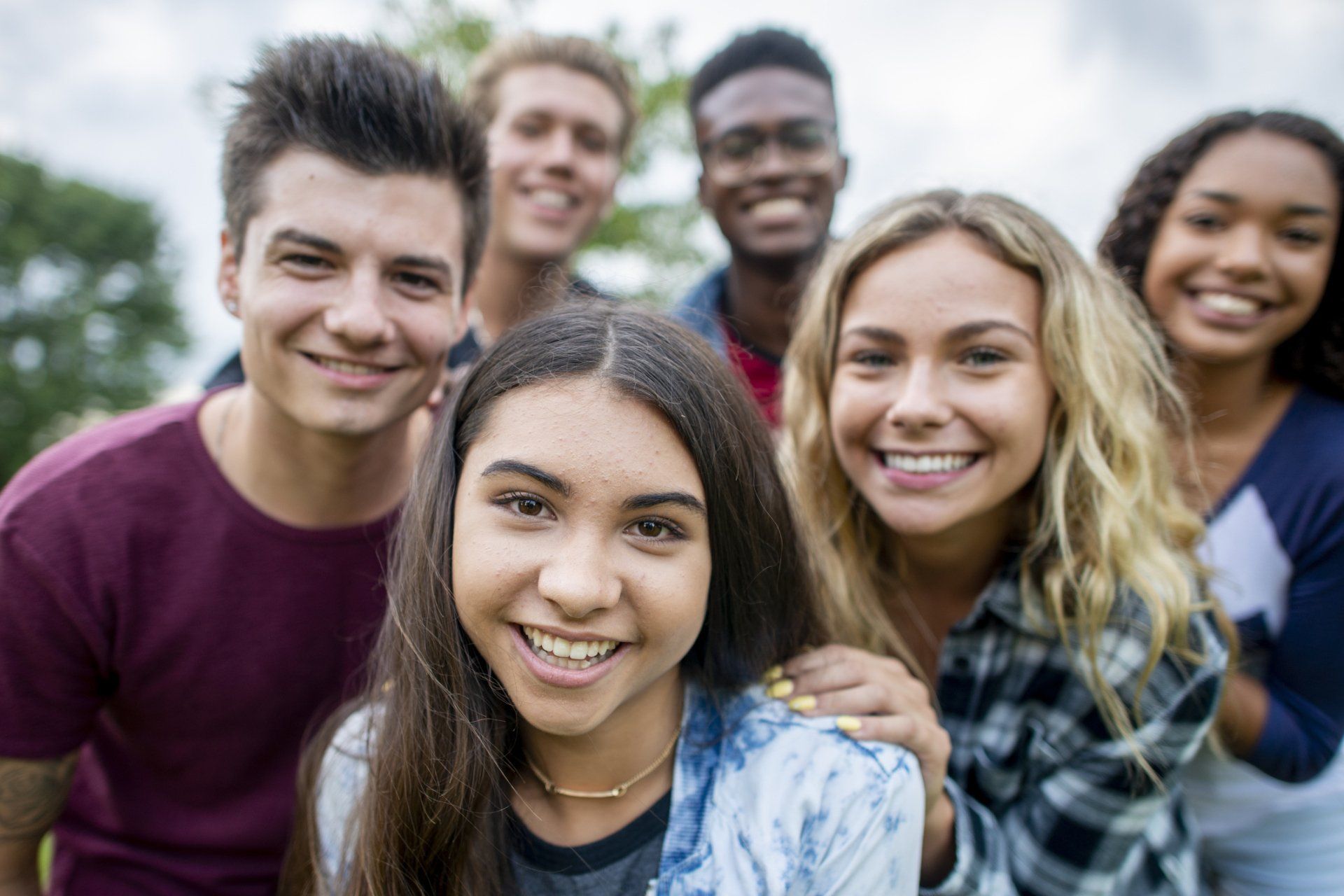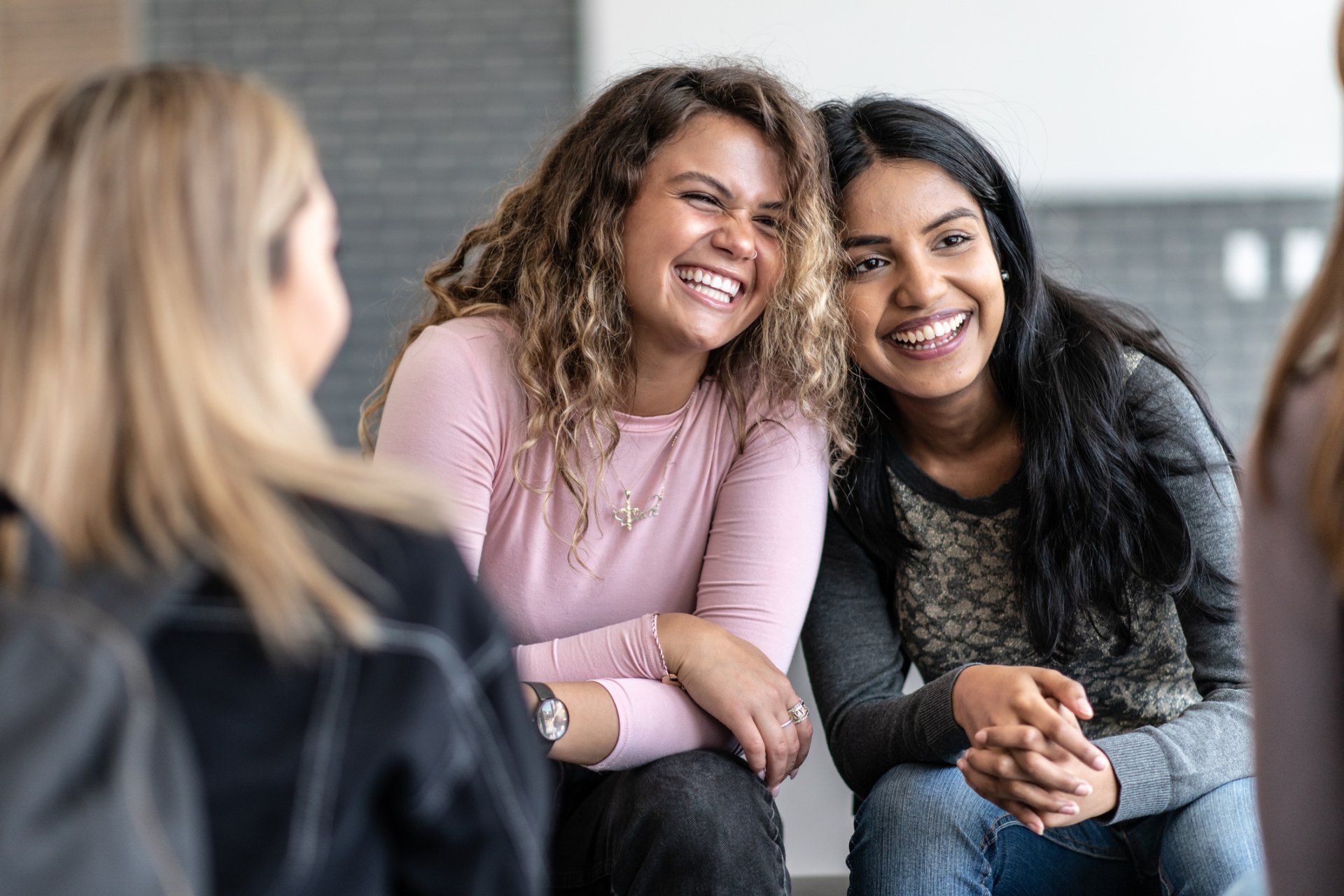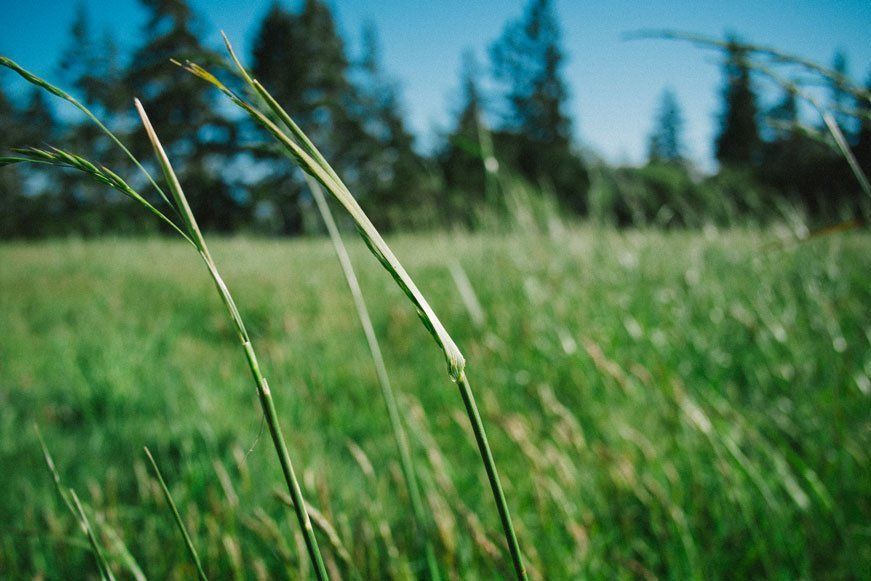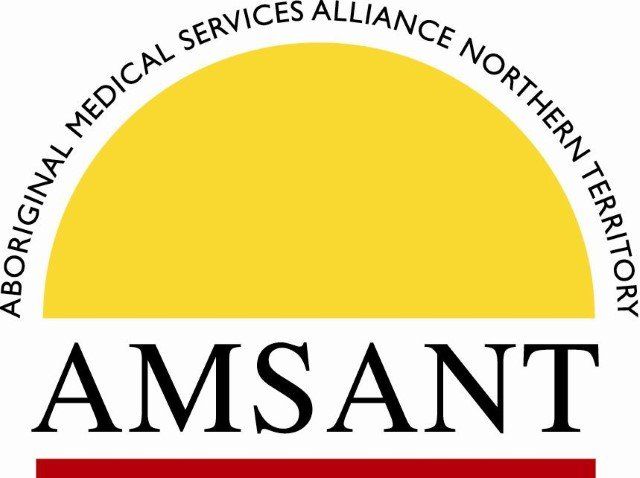International Day of People with Disability - Shining a Light on Neurodiversity
December 3 is International Day of People with Disability. To recognise this day we caught up with General Practitioner Linda Mayer who shares her story
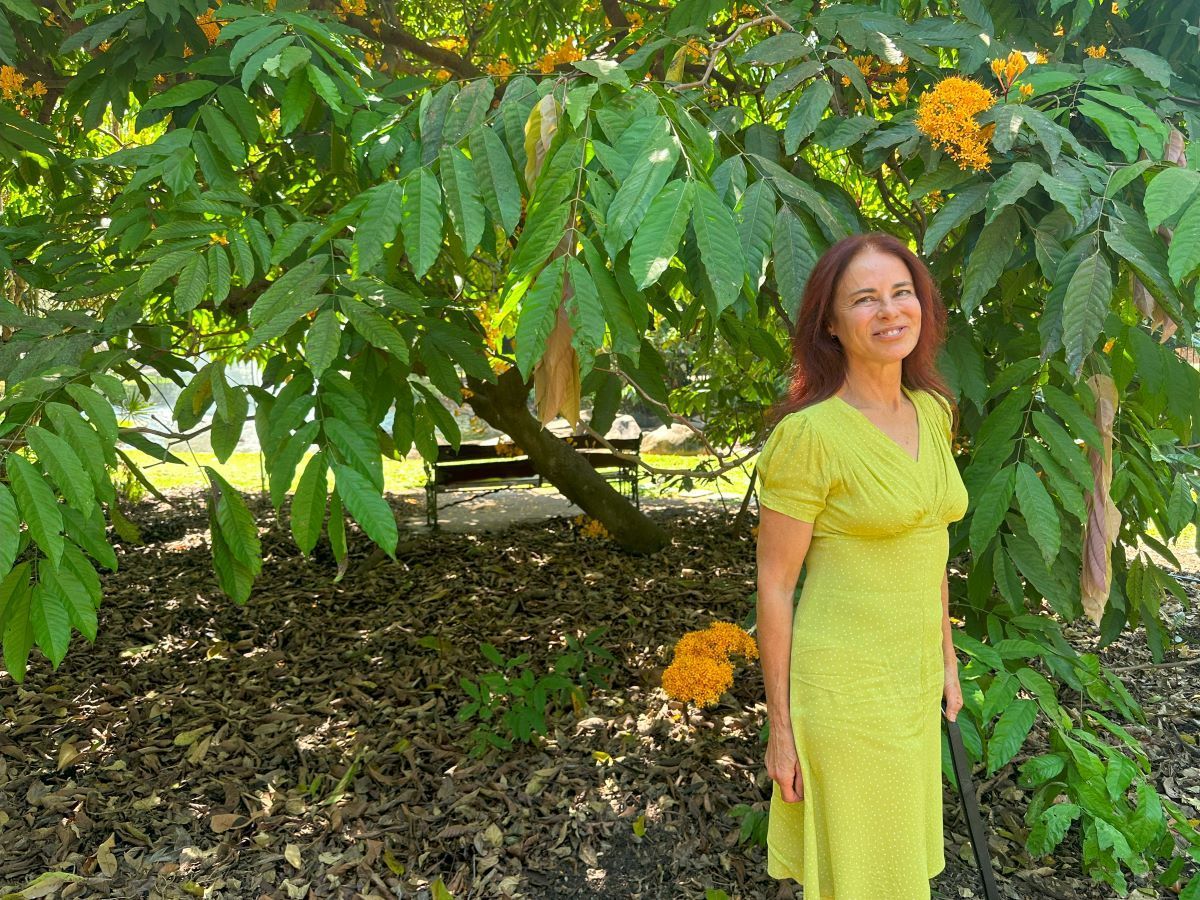
At age 67, Linda loves to ride her motorbike, is an avid swing dancer, a caring mother and a GP in a correctional facility. She enjoys her rural farm in NSW where she can escape the hustle and bustle and sensory overload of the outside world. After a lifetime spent trying to manage the noises, lights and other sensory inputs around her she now understands why her quiet refuge is so important to her. The lightbulb moment came at age 62 when Linda discovered that she was autistic and also had Attention-Deficit / Hyperactivity Disorder (ADHD); she suddenly understood her life in a whole new light that helped fuel her future advocacy work as a neurodivergent doctor with lived experience.
The revelation of her diagnosis came unexpectedly while visiting an autistic friend who suggested she might be on the spectrum.
"I didn't know anything about autism, so I decided to do some research, and I did a standard online test. My daughter who would often tell me that I was not able to read people, assisted with the online assessment and the score went up. I wanted to validate her perceptions and upbringing, so I decided to get a professional assessment and received a formal diagnosis.”
Linda’s diagnosis came after many years of trying to manage the sensory things around her.
“I used to think I was going to die because of the exhaustion. I would go to the doctor thinking I had cancer or other disease. Now I realise I just need recharge time. As well, lights would burn my eyes. Some noises were painful. I had no idea what was going on with me.
“In my youth, before I could control my environment, I behaved in some really odd ways. I’d stand at the door and scream at the neighbours to stop their dogs from barking. I didn't realise I could not filter noise like neurotypicals can. I’d put mattresses up against the walls and doors to block the light and sounds. During university, I was medicated for depression. I was not depressed. My whole life was trying to cope with sensory differences.”
It was after graduating and securing an income that things improved for Linda.
“I now had an income and a steady job. So, I could control my environment. Since graduation, I haven’t needed any medication or health input, its 100% having the autonomy and finances. I rented a farmhouse in the middle of nowhere, I didn’t know I liked being there because of the quiet.
It’s very challenging for neurodiverse people who can’t control their environment.
"I am immensely lucky to have been able to navigate the education system and have a job where I can moderately manage my working environment. Life costs me financially to maintain my environment and therefore my health. If I go away, I will rarely share with anyone. It costs me twice as much to do anything."
Dealing with sensory stressors has not been the only challenge, Linda explains. Dealing with people has also been difficult, with autism making it hard to navigate social situations.
“It’s data in and data out. I still am slow to tell if someone is happy, angry or sad in social settings. I have to put extra effort into reading people which takes the concentration away from the topic being discussed.”
Linda also experienced the impacts of her ADHD, as she struggled to sit still in meetings.
"Focus is either 200% or almost none. As a student, I was told to get out of lecture theatres…I actually didn’t know what I was doing. I had no awareness of my constant movement."
Telling the people around her about her diagnosis brought further revelations about the stigma that people associate with neurodiversity. Work colleagues and friends she had known for more than 30 years revealed they already knew but didn’t say anything for fear of hurting her.
“Most saw it as an affliction. I am lucky my profile allowed me academic success and financial independence, however, take that away, say an Indigenous person, someone who never got out of the slums, or someone that luck didn't provide them the right environment - these kinds of circumstances can dictate to a huge extent how well they will cope and thrive in live. Add on that they’re told from the time they were in pre-school to stop fidgeting, stop disrupting others, they are lazy, and being excluded from groups - most children are unaware of what they were even doing. This makes kids, youth angry, sad, depressed and anxious."
Working as a GP in a correctional facility Linda sees first-hand the lack of understanding and support that still exists for her ND patients and the benefit that her lived experience has brought to her work with patients.
“Mental health understanding of neurodiversity is in its infancy and has a long way to go. Approximately half my patients in the jail are neurodiverse. I do not think any ND person can grow up in this world without trauma from trying to navigate a world made for neurotypicals.
You’re locked up, there’s noise, there’s lights, you can’t get away, there’s no quiet rooms."
Still, there is hope. There is some promising work being done, particularly by ND professionals that increasingly are coming forward with research and speaking out.
In a conference earlier in the year, Linda along with two other doctors and one student shared her lived experience of being neurodiverse. The first of its kind, the 2023 Neurodevelopmental and Behavioural Paediatric Society of Australasia conference (Australasian Society of Developmental Paediatrics) held in Darwin, provided a forum to discuss their backgrounds, the impact of their (ADHD) and autism diagnosis and the impact it has had on navigating the academic and professional workforce.
It’s conferences such as these that will not only increase understanding of neurodiversity but help society shift from a deficit-based paradigm to a strengths-based one, Linda points out.
“The people I work with are some of the best doctors I have ever worked with in my life, however most are only aware of neurodiversity from what they’ve read in the DSM-5, which leads to a deficit-based diagnosis. It actually leads people to a mental health diagnosis rather than recognising the neurodiverse issue."
“I'm glad I didn't get diagnosed young because it would have been from a place of deficit. We are born different and we have different requirements yet have to navigate a world made for neurotypicals.”
Linda shares her insights and reflections on the conference in an article which she co-authored with her daughter which can be read here: Amplifying the voices of neurodivergent doctors | InSight+ (mja.com.au)
________________________________________
For more information about neurodiversity/mental health disability support services:
Mental Health Disability Support Guide www.disabilitysupportguide.com.au/search/mental-health/nt
Mental Health NT - Support for people with a disability www.mentalhealthnt.com.au
Integrated disability Action Inc (IdA) – a voice and support network for people with disability. Find a Peer Support Group - idainc.org.au
NTcommunity Support Programs - www.ntcommunity.org.au/
Mental health support lines:
Team Talk: 1800 832 600
Darwin Head to Health: 08 8914 6600
NT Mental Health Line: 1800 682 288
Aboriginal & Torres Strait Islander crisis support line 13YARN on 13 92 76
MensLine Australia on 1300 789 978
